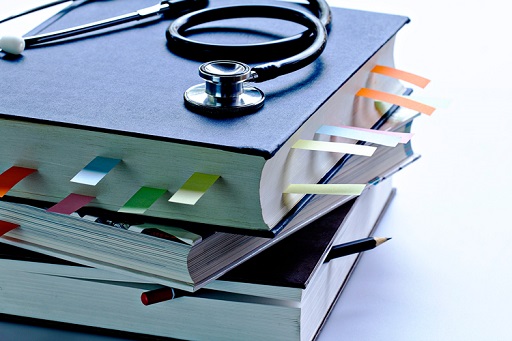PHYSIOLOGICAL ACTIONS ::
(A) Stimulation ::
Certain drugs increase the activity of specialized cells This is called stimulation e.g theophylline present in tea causes diuresis and caffeine in tea stimulates the brain cortex
(b) Depression ::
This is decrease in the activity of specialized cells e.g. quinidine (an antiarrhythmic drug ) depresses the myocardium of heart
(c) Irritation ::
Here drugs produce effects on growth nutrition or morphology of the living tissues For example precipitation of proteins (astringent effects ) by alcohol irritation of gastrointestinal tract by senna (purgation) sometimes a drug is applied locally to the skin to relive deep seated pain This is referred to as counter irritation e.g. rubbing of methylsalicylate
(d) Replacement ::
Drugs may be used for the replacement of some endogenous substances for example insulin in diabetes mellitus thyroxine in myxedema hydrocortisone in Addison s disease etc
(e) Modification of immune status ::
Resistance against infection can be built by vaccines toxoids etc The process is called immunization There are two methods of producing immunity : 1.Active immunity to produce antitoxins and antibodies in the body (vaccine and toxoid) 2.Passive immunity to inject readymade antibody rich sera for the particular disease The plasma has agglutinins precipitins and bacteriolysins for its defence against respective diseases




0 Comments